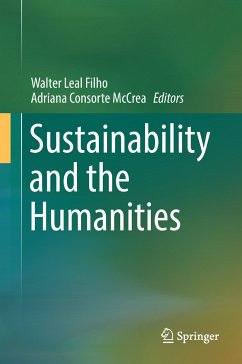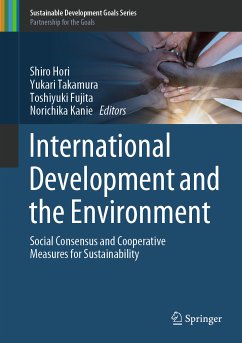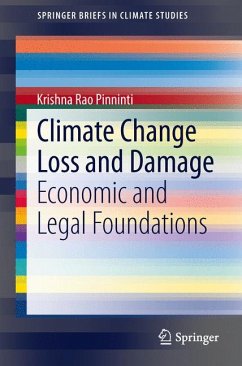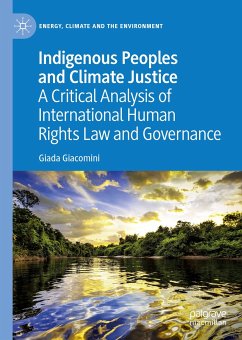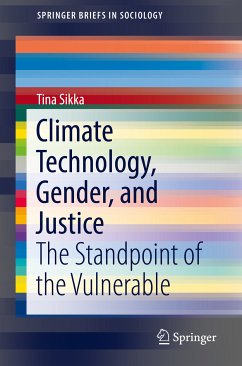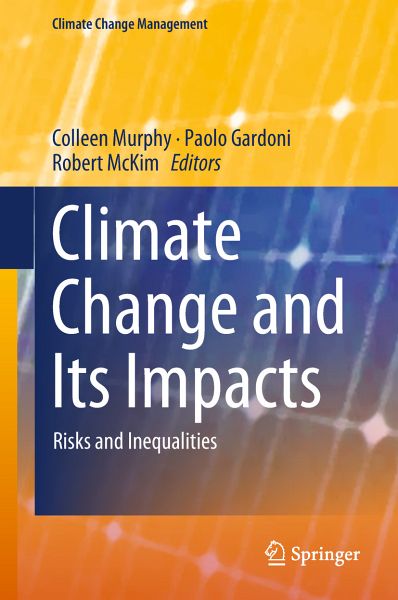
Climate Change and Its Impacts (eBook, PDF)
Risks and Inequalities
Redaktion: Murphy, Colleen; Mckim, Robert; Gardoni, Paolo
Versandkostenfrei!
Sofort per Download lieferbar
72,95 €
inkl. MwSt.
Weitere Ausgaben:

PAYBACK Punkte
36 °P sammeln!
Brings together experts from different fields to discuss the implications of climate change
Combines up to date information about the science of climate change with discussion of its engineering, social, legal, policy, and ethical implications
Reflects on the impact of climate change on human communities and on other species
Discusses the appropriate way to mitigate and adapt to potential impacts
Dieser Download kann aus rechtlichen Gründen nur mit Rechnungsadresse in A, B, BG, CY, CZ, D, DK, EW, E, FIN, F, GR, HR, H, IRL, I, LT, L, LR, M, NL, PL, P, R, S, SLO, SK ausgeliefert werden.



